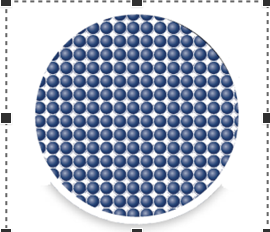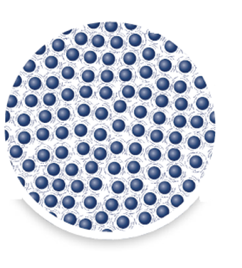What's the matter?, kinetic molecular theory,States of matter particles
1/27
Earn XP
Description and Tags
Science Quiz 1
Name | Mastery | Learn | Test | Matching | Spaced | Call with Kai |
|---|
No analytics yet
Send a link to your students to track their progress
28 Terms
What is matter made up of?
tiny particles in atoms and molecules.
What 4 states can matter be found in?
solids, gas, liquid, and plasma
What are 4 examples of solid properties?
Wood, silver, stone, plastic
What makes solid properties solid properties?
holds it own shape
has a constant volume
What are 4 examples of liquid properties?
Oil, juice, Antifreeze, gasoline.
What makes liquid properties liquid properties?
takes the shape of its container
has a constant volume
What are 3 examples of gas properties?
Air, helium, gasoline
What makes gas properties gas properties?
takes the shape and the volume of its container
can be compressed
What are 3 examples of plasma properties?
stars/the sun, lighting bolt, neon signs
What makes plasmas properties plasma properties?
does not have fixed shape and volume (similar to gas)
have different electrical properties than gases
What is a model?
is a verbal, mathematical, or visual representation of a scientific structure or process.
What is Kinetic Molecular Theory? (KMT)
is scientific explanation that has been supported by constant, repeated experimental results and is therefor accepted by most scientists.
What is the behaviour of matter based on?
all matter being made of particles that possess kinetic energy is called the Kinetic Molecular Theory of Matter (KMT)
What is kinetic energy?
is the energy of motion
What are 2 characteristics of particles?
we cannot see them with our naked eye
they are always in motion (Which means they contain kinetic energy)
What does energy do to particles?
make particles move
How does having more kinetic energy in a particle change the way it moves?
The more energy the particles have, the faster they can move and the further apart they can get.
When do particles stop moving?
Particles stop moving at zero Kelvin (K) which is -273.15 C
When particles are in solids KMT states?
Particles are very close together.
Particles vibrate but cannot move around.
Particles attract one another strongly in a rigid structure.
What do particles look like in a solid? (describe verbally)
.

When particles are in liquids KMT states?
Particles are very close together but can move around.
Particles slip and slide past and revolve around each other but stay close together.
They attract one another less strongly than solids.
What do particles look like in liquids? (describe verbally)
.

When particles are in gas KMT states?
Particles are very far apart compared to their size.
They move randomly and quickly in straight lines.
Attraction to one another is effectively zero.
When particles are in gas they look like? Describe verbally
.

Are particles constantly moving?
yes they are always moving
What does energy do to particles?
Energy makes particles move.
The more kinetic energy particles have the____.
the faster they move and the farther apart they get.